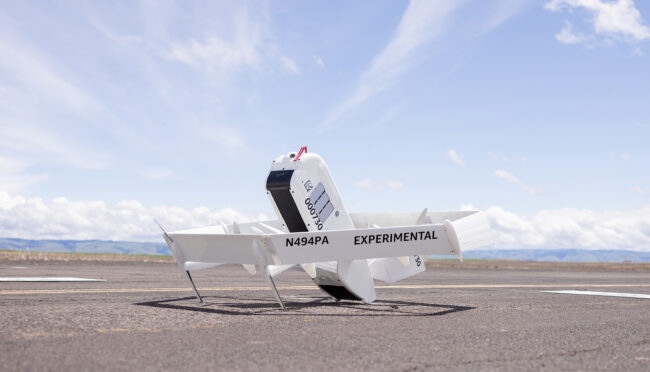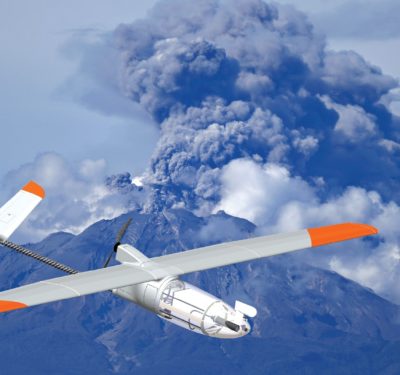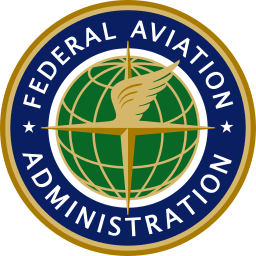
WASHINGTON—U.S. Sens. Mark R. Warner (D-Virginia) and John Thune (R-South Dakota) introduced the Increasing Competitiveness for American Drones Act of 2023, which would streamline the approvals process for beyond visual line of sight flights.
The bill would clear the way for drones to be used for commercial transport of goods across the country and would ensure the U.S. remains competitive globally in a growing industry increasingly dominated by competitors like China, the senators said in a release.
Currently, each aircraft and each BVLOS operation that takes flight requires operators to obtain waivers from the Federal Aviation Administration, but the senators said the FAA hasn’t laid out a consistent set of criteria for granting those waivers, which is making the process “slow and unpredictable.” The bipartisan bill would require the FAA to issue a new rule allowing BVLOS operations under certain circumstances.
“Drones have the ability to transform so much of the way we do business. Beyond package delivery, drones can change the way we grow crops, manage disasters, maintain our infrastructure, and administer medicine,” Warner said in a statement. “If we want the drones of tomorrow to be manufactured in the U.S. and not in China, we have to start working today to integrate them into our airspace. Revamping the process for approving commercial drone flight will catapult the United States into the 21st century, allowing us to finally start competing at the global level as technological advancements make drone usage ever more common.”
Thune said, “Drones have the potential to transform the economy, with innovative opportunities for transportation and agriculture that would benefit rural states like South Dakota. I’m proud to support this legislation that provides a clear framework for the approval of complex drone operations, furthering the integration of these aircraft into the National Airspace System.”
The bill would require the FAA to establish a “risk methodology,” which would be used to determine what level of regulatory scrutiny is required:
• Operators of small UAS under 55 pounds would simply have to declare that they conducted a risk assessment and met the standard, subject to audit compliance by the FAA
• Operators of UAS between 55 pounds and 1,320 pounds would submit materials based on the risk assessment to the FAA to seek a “Special Airworthiness Certificate.” UAS in this category could be limited to operating no more than 400 feet above ground level
• Finally, operators of UAS over 1,320 pounds would undergo the full “type certification” process, the standard approval process for crewed aircraft.
In addition, the Increasing Competitiveness for American Drones Act would create the position of “Associate Administrator of UAS Integration” as well as a UAS Certification Unit that would have the sole authority to issue all rulemakings, certifications, and waivers. This new organizational structure would create central rulemaking body for UAS, allowing for a more uniform process, the senators said.
Industry Applause
The legislation won plaudits from the Association for Uncrewed Vehicle Systems International (AUVSI) and the Small UAV Coalition and the Commercial Drone Alliance.
“Commercial drone operations provide valuable services to the American public and workforce—but significant regulatory hurdles are hampering these benefits from reaching their fullest potential and jeopardize U.S. global leadership in aviation,” Michael Robbins, the chief advocacy officer for AUVSI, said in a statement. “The regulatory challenges are not driven by safety, they are hampered by bureaucracy. We accordingly have urged Congress to prioritize drone integration, and we are grateful for the support of Senators Warner and Thune in this cause.”
The Small UAV Coalition noted that “with reauthorization of Federal Aviation Administration programs required by September 30, this year is a critical time for the drone industry.”
The Commercial Drone Alliance said the bill “provides the U.S. with the opportunity to reestablish its prominence as a global leader in advanced aviation and compete more effectively in the global economy.”






